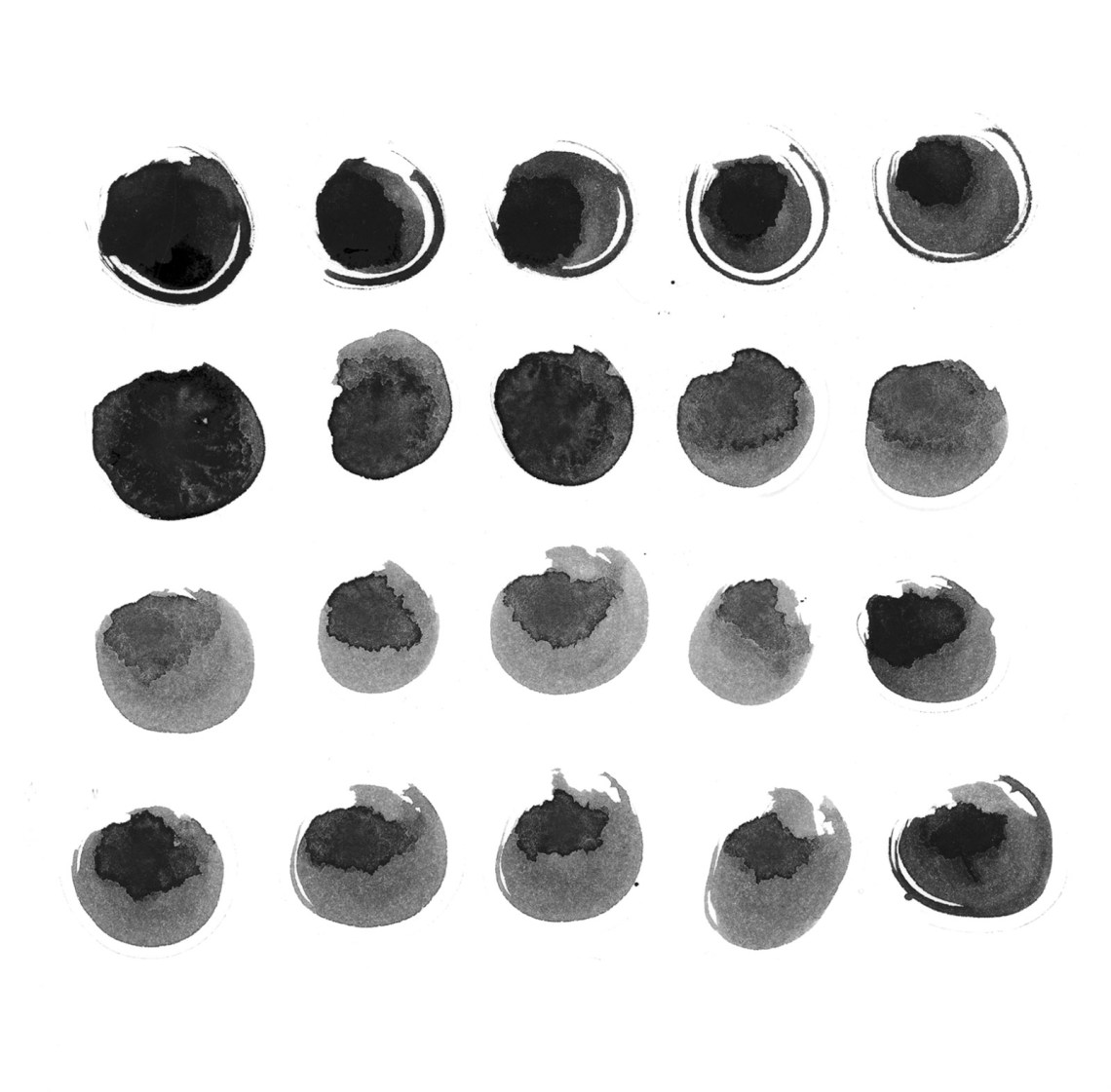In response to:
Thinking Without Banisters from the February 24, 2022 issue
To the Editors:
Seyla Benhabib’s assertion that Hannah Arendt’s concept of “the banality of evil” was handed down to her by her husband, Heinrich Blücher, merits correction [“Thinking Without Banisters,” NYR, February 24, 2022]. The source for this misconception is a letter from Arendt’s teacher and friend the philosopher Karl Jaspers on December 13, 1963. In this letter, Jaspers informs Arendt that he has been told that the phrase, which has brought down so much critique, not to say hatred, on her, was “invented” by Blücher.
Arendt replies in a letter that was not included in the published exchange between Arendt and Jaspers, because it was only found later.1 In this reply, dated December 29, 1963, Arendt states that “the banality of evil” is her own concept, and not something someone else has formulated for her.
However, the juxtaposition of “evil” and “banality” goes back to a much earlier exchange between Arendt and Jaspers, which both of them seem to have forgotten. In 1946, when they resumed their exchanges after the war, Jaspers underlines in a letter to Arendt that the Nazis are to be seen as banal criminals: “Mir scheint, man muss, weil es wirklich so war, die Dinge in ihrer ganzen Banalität nehmen, ihrer ganz nüchternen Nichtigkeit—Bakterien können völkervernichtende Seuchen machen und bleiben doch nur Bakterien.” In my translation: “It seems to me, because this is how it really was [during the war], that we should see the total banality of these things [the Nazi crimes], their sober nothingness—bacteria may cause pandemics exterminating peoples and yet remain just bacteria.”
So, when Arendt finds herself in the Jerusalem courtroom fifteen years later, she invents the concept of banality of evil when she observes Eichmann during the trial—without remembering the previous exchange with Jaspers. And just as Arendt has forgotten their discussion of evil and the Nazis, so has Jaspers.
Kenneth Hermele
Gothenburg, Sweden
Seyla Benhabib replies:
I am grateful to Kenneth Hermele for calling my attention to the unpublished letter from Hannah Arendt to Karl Jaspers from December 29, 1963. This letter, which is not included in the Arendt–Jaspers correspondence, was also missing from the Marbach Literature Archives, and the matter was brought to Elisabeth Young-Bruehl’s attention by Ursula Ludz, an Arendt scholar and editor.
Hermele argues that Jaspers’s claim in his letter of December 13, 1963, that the phrase “the banality of evil” was suggested by Heinrich Blücher—a mutual friend, L. Alcopley, had told him so—needs to be corrected. Arendt’s December 29 letter to Jaspers, clearly written in response to the one by him dated December 13, is full of reactions to Jaspers’s distress about Golo Mann’s critical review of Eichmann in Jerusalem: A Report on the Banality of Evil, as well as the Kennedy assassination and the controversy around Rolf Hochhuth’s play The Deputy. Arendt writes, “The subtitle does not originate with Blücher. Blücher had remarked years ago, ‘Evil is a superficial phenomenon’—and that occurred to me again in Jerusalem and I arrived at the title” (my translation).
Arendt was responsible for the wording of her subtitle, but the discussion regarding the phenomenon of evil and its banality started when Jaspers sent her two copies of his book Die Schuldfrage (The Question of German Guilt). In response to her reaction to his book, Jaspers objects to her claim that what the Nazis did could not be comprehended as a “crime” and cautions her that when we can no longer apply ordinary moral and legal categories to certain deeds, they risk taking on a satanic greatness, as in discussions about the “demonic” element in Hitler.
And as Hermele rightly points out, Jaspers continues, “It seems to me that we have to see these things in their total banality [in ihrer ganzen Banalität], in their prosaic triviality.”2 When, seventeen years later, Jaspers attributes the phrase to Blücher, he clearly appears to have forgotten his letter, and concludes, “I think it’s a wonderful inspiration and right on the mark as the book’s subtitle. The point is that this evil, not evil per se, is banal.”3
The conclusion to be drawn from these exchanges is that the phrase “the banality of evil” was, at different times, used by Jaspers, Arendt, and Blücher himself to characterize the mentality and personality of the Nazis. They had reached a shared understanding of this phenomenon. Although I was aware of Jaspers’s letter of October 19–23, 1946, I chose not to dwell upon it in my essay, because it would have been too difficult to discuss it with the subtlety this matter required in a review of books devoted to different topics.
Whatever its origins, this phrase does not resolve the puzzle of how we can dissociate the doer from the deed, motivation from the act on the basis of which it was committed. The normal human inclination is to think that crimes that defy human understanding could only be committed by monsters or demons. We have painfully learned that this is not the case—that ordinary, banal individuals can commit monstrous deeds under certain circumstances. For this reason, the phrase disturbed many when it was first used and will continue to do so, insofar as it unsettles some deeply held human intuitions.
-
1
See Elisabeth Young-Bruehl, “An Unpublished Letter from Hannah Arendt to Karl Jaspers,” Hannah Arendt Newsletter, Vol. 1, No. 1 (April 1999). ↩
-
2
Jaspers to Arendt, October 19–23, 1946; Hannah Arendt/Karl Jaspers Correspondence, 1926–1969 (Harcourt Brace Jovanovich, 1992), p. 62. ↩
-
3
Hannah Arendt/Karl Jaspers Correspondence, 1926–1969, p. 542. ↩




